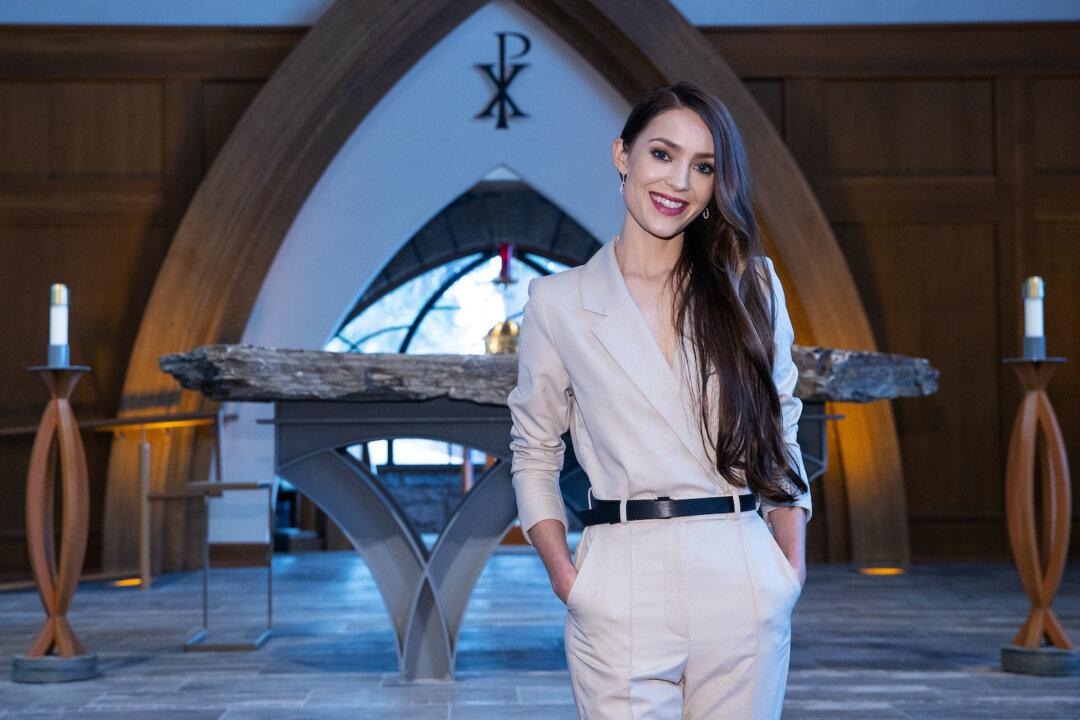Commentary
“If it could only accomplish one thing, I hope it would be imparting the message to people that it’s never too late to change or to redeem yourself.”

“If it could only accomplish one thing, I hope it would be imparting the message to people that it’s never too late to change or to redeem yourself.”